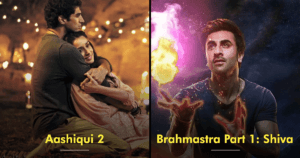Some filmmakers have managed to make an impression on us with their limited body of work without even giving us a large number of projects to choose from. And when it comes to Bollywood, Dibakar Banerjee is one such unsung creator who has given us compelling stories, something that is becoming increasingly uncommon in Hindi cinema nowadays.
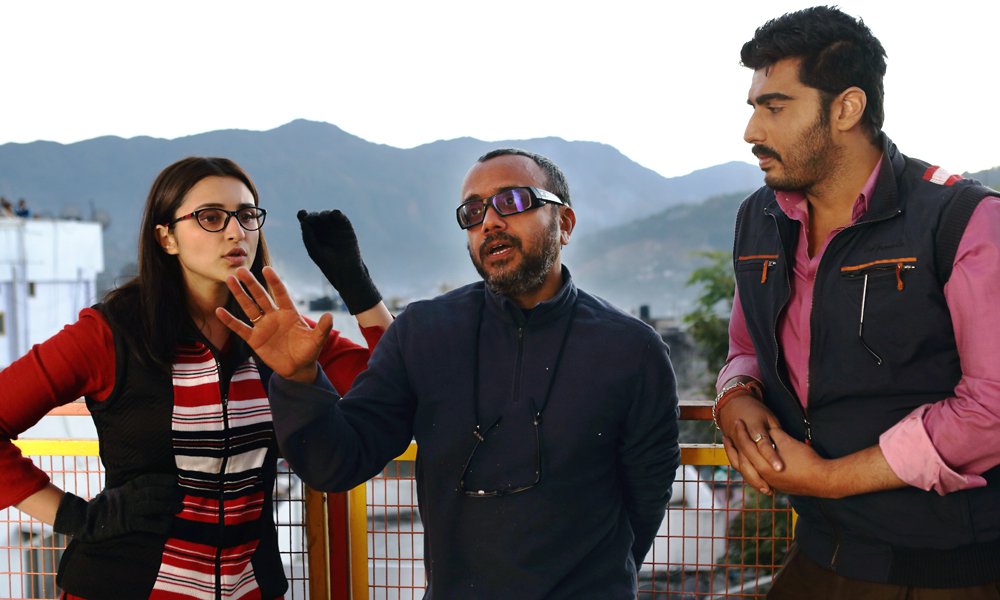
We only have a few characters from Banerjee’s universe that we have seen thus far because he has only created a modest number of films, all of which are absolutely exceptional. However, this time the focus is on the female protagonists we have come to know in his films rather than merely discussing the director’s vision for a tale.
Even while the director hasn’t yet fully embraced a woman-centric narrative, the women characters in his films so far seem to be quite fascinating and rather distinct from what we typically see.
First off, the National Award-winning film Oye Lucky! Lucky Oye! had a female lead who wasn’t merely treated as arm candy despite having a predominantly male cast led by Abhay Deol. As original as the movie’s premise—a social critique of Indian class consciousness masquerading as a crime comedy—the handling of Neetu Chandra’s character Sonal is actually quite refreshing.
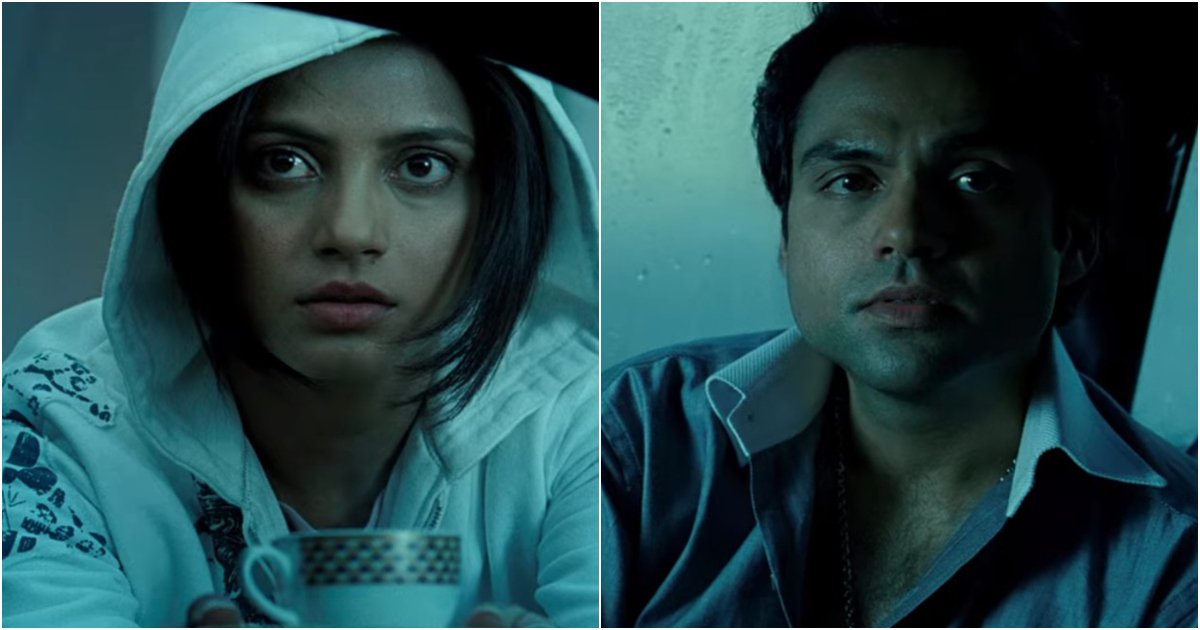
Despite usually being beside the male protagonist, the shy but independent girl was always shown as being a separate entity from him. Making a story wholly on the male protagonist while still allowing room for the other characters, particularly female characters, to grow is a fairly uncommon occurrence in our movies up to this point.
The film asserts that a female character does not always need to live in the enormous shadow of the male protagonist, even when she plays a less significant role.
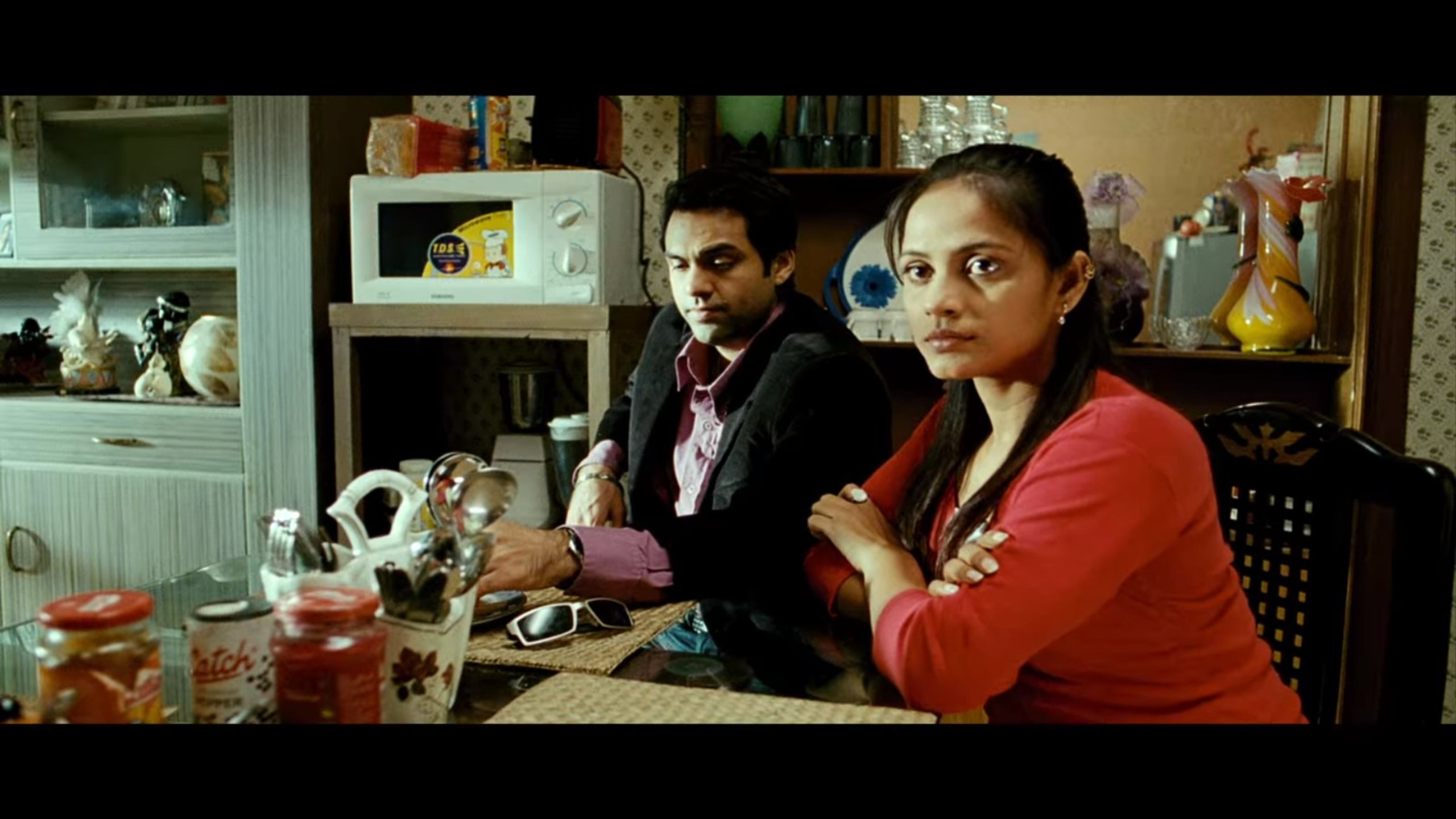
The director offered a tale and a character that was fairly crucial to bring to light through his anthology story in the film Lust Stories, which came after a few more intriguing ventures in almost a decade. Reena (Manisha Koirala), Sudhir (Jaideep Ahlawat), and Salman (Sanjay Kapoor) are three friends who are the subject of Banerjee’s episode, which dives into their love triangle.

Reena, the main character, has become weary of her marriage to Salman and is having an affair with Sudhir, his closest friend. Both the sensitivity and maturity with which the topic has been tackled, as well as the subtle way in which the director has portrayed his protagonist, who can be easily described as flawed, are commendable.

Women have long been portrayed in Hindi cinema in a way that is either comfortable for the viewers to watch simply due to the lack of insight the filmmakers have had up to this point. The characters are written so that they often lack agency over their bodies and exhibit no traces of sexual yearning.
With Reena, who is a wife and a mother, Banerjee dispels the stigma attached to a woman’s desires and grants his character utmost power. On the surface, the story may deal with themes like marriage, love, family, and motherhood, but at its core, it explores the resentment the protagonist harbours because she has no control over her life.
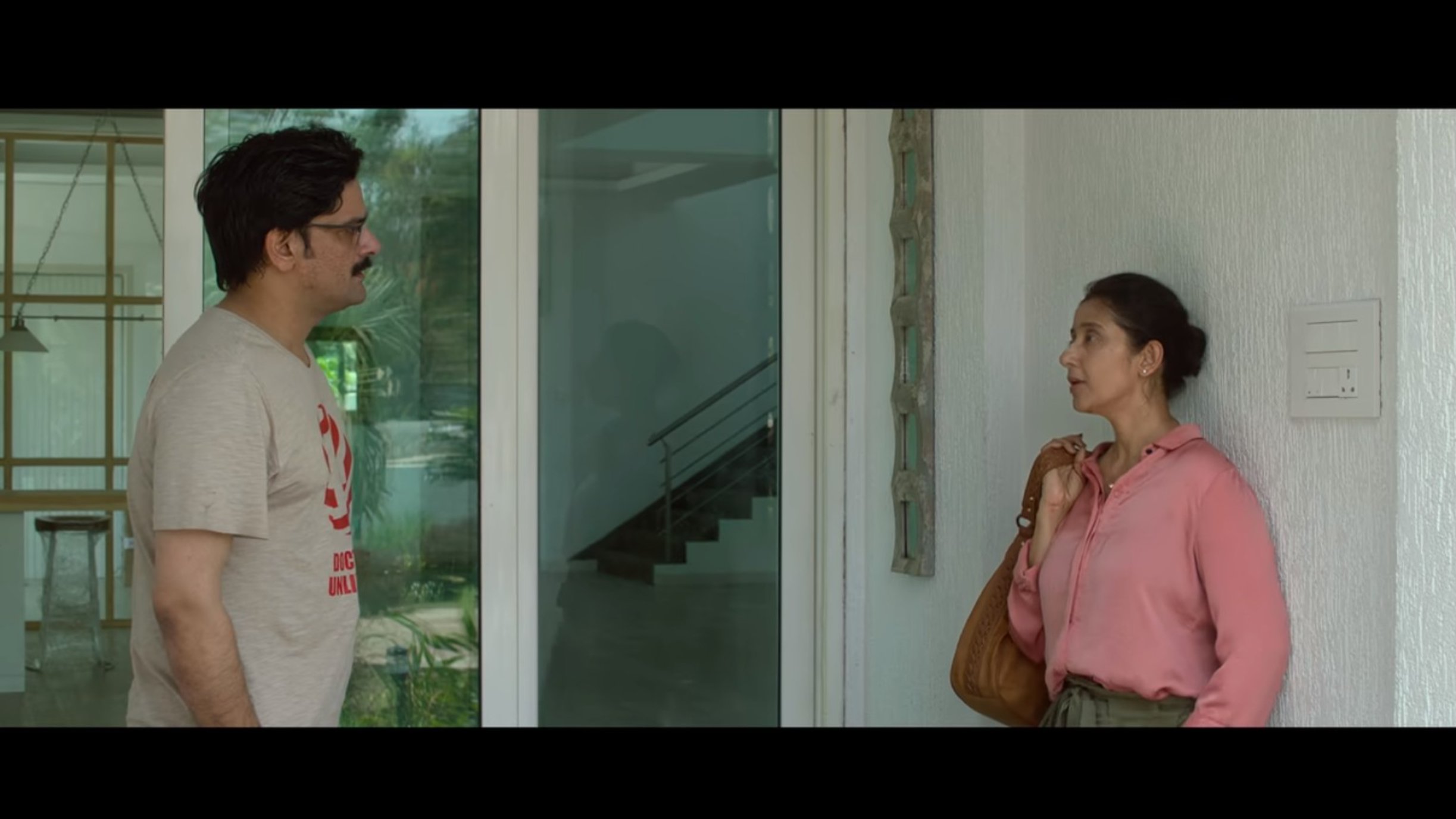
Dibakar Banerjee’s last work, Sandeep Aur Pinky Faraar, a well-crafted and captivating narrative, stands out from other movies due to its distinct viewpoint on the status of women in the nation. Even though this topic has been covered extensively, the creator found a way to discreetly depict the same narrative.
Two unusual characters from different socioeconomic classes in Delhi-NCR are on the run in the Arjun Kapoor and Parineeti Chopra-starring film. The film’s unusual premise isn’t the only thing that makes it soar; it also boasts of an unabashedly feminist theme that revolves around a strong yet vulnerable woman.
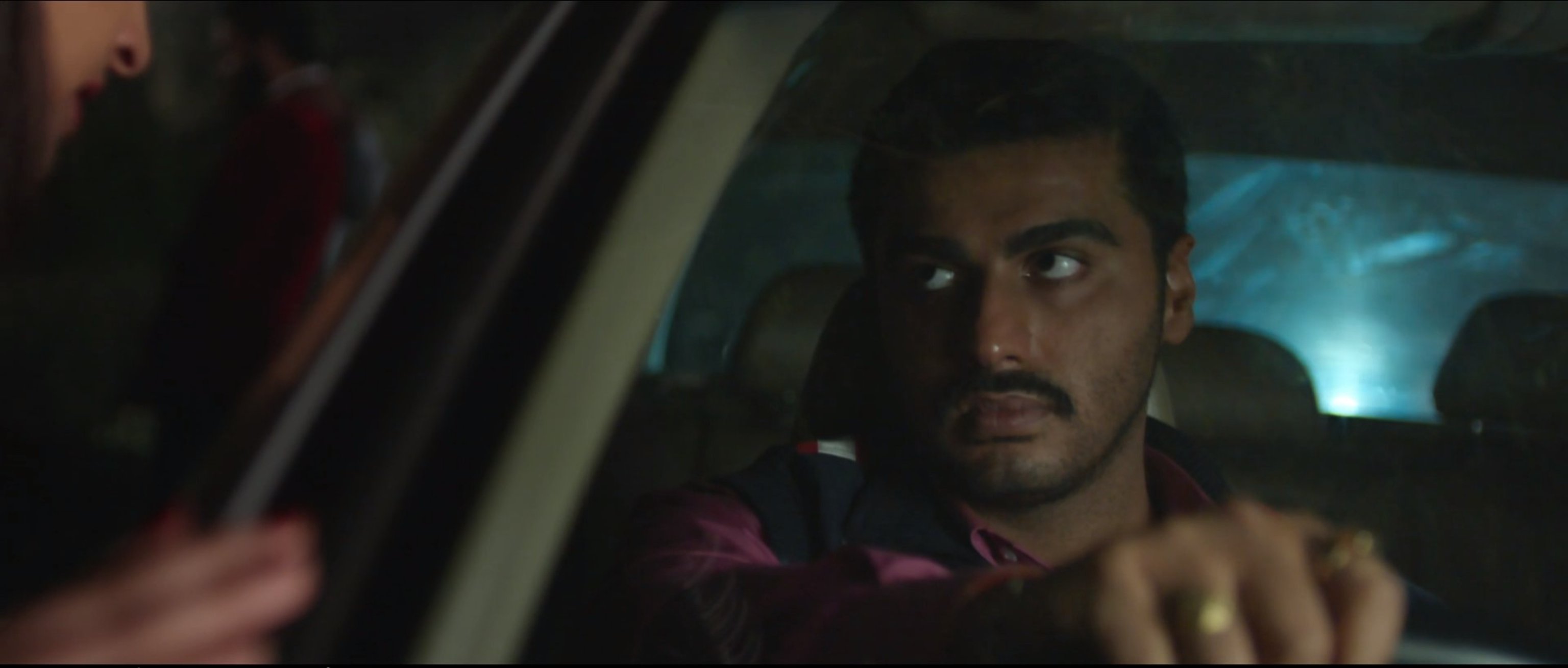
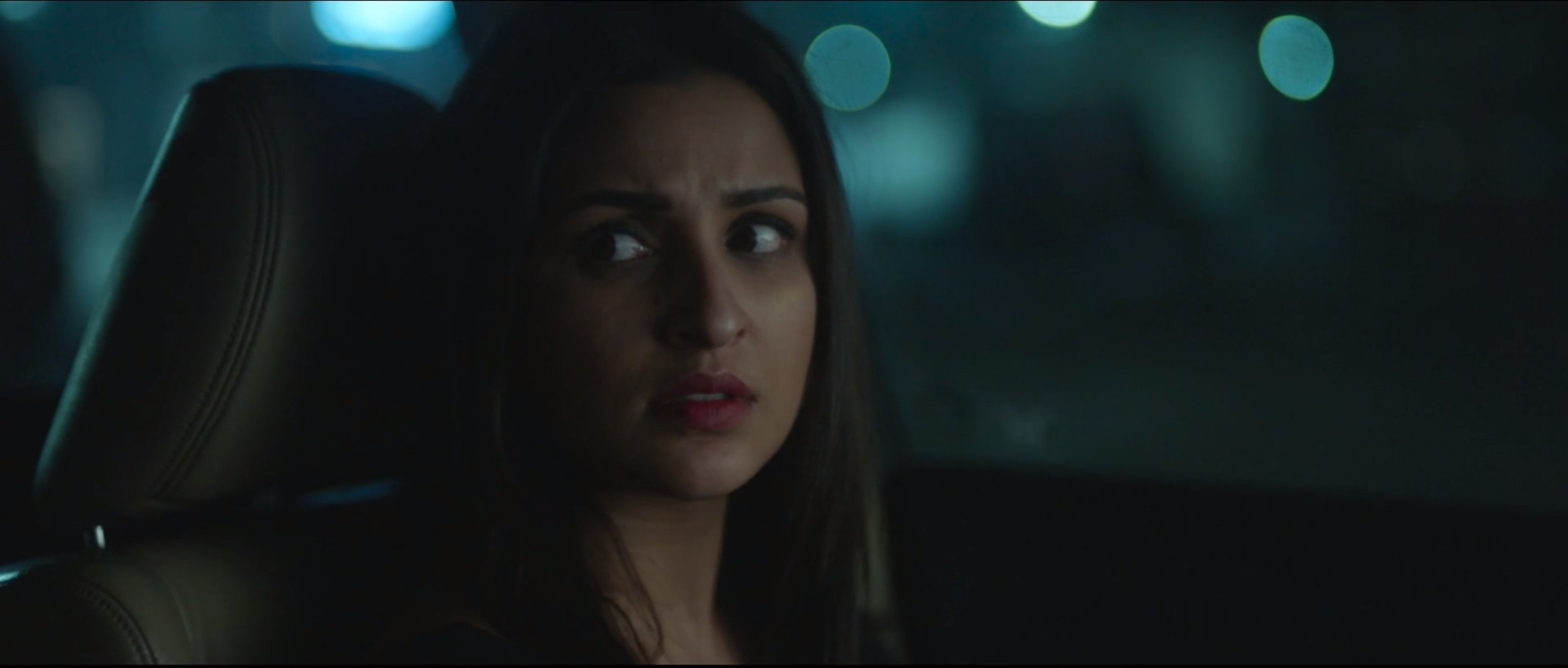
We see Sandeep, a rather powerful woman, succumbing to patriarchal conventions in the director’s signature storytelling with dark undertones to expose society’s bigotry. A noteworthy aspect of his tale is the fact that the maker never permits a guy to act as a rescuer for a woman, even when he is present. Sandeep is ultimately the one who saves herself, despite the circumstances.
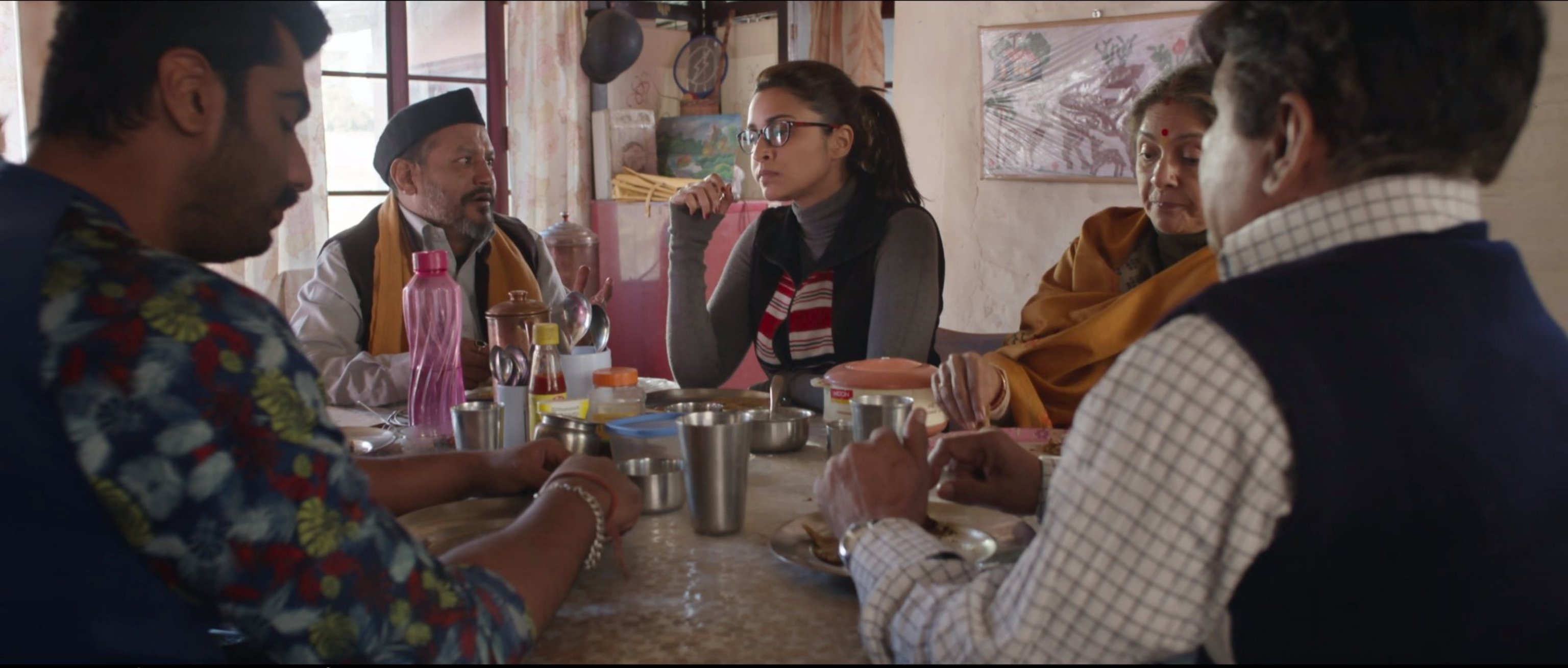
Bollywood has commonly given us scenarios that hardly allow even the self-sufficient female characters to be a “hero” in their own story. By defying convention and showing us what it really means to give female characters room to flourish, Banerjee broke the mould.






